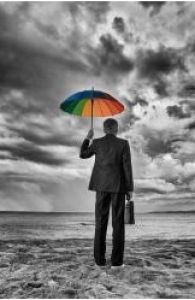Join getAbstract to access the summary!

Join getAbstract to access the summary!
Scott Cowen
How Crises Make Us Lead (and Feel)
Inside Higher Ed, 2022
What's inside?
Different types of crises demand different leadership skills.
Recommendation
Scott Cowen, president emeritus of Tulane University, recalls two crises he handled as a leader in higher education: Hurricane Katrina’s landfall in New Orleans in 2005 and the pandemic’s impact on Case Western University in 2020. He notes their differences: Administrators at Tulane felt isolated by the hurricane, but Case Western’s leaders felt like part of something bigger than their school that affected the entire nation. In this essay for Inside Higher Ed, Cowen explains that different crises require different leadership styles. He points out how he had to learn to adapt, choosing to be top-down at Tulane after Katrina but more “emotionally transparent” at Case Western during Covid.
Summary
About the Author
Scott Cowen is President Emeritus and Distinguished University Chair at Tulane University, where he was president from 1998 to 2014. In 2020 and 2021, he served as interim president of Case Western Reserve University where he is now the Distinguished Presidential Visiting Professor of Leadership and Management.

















Comment on this summary